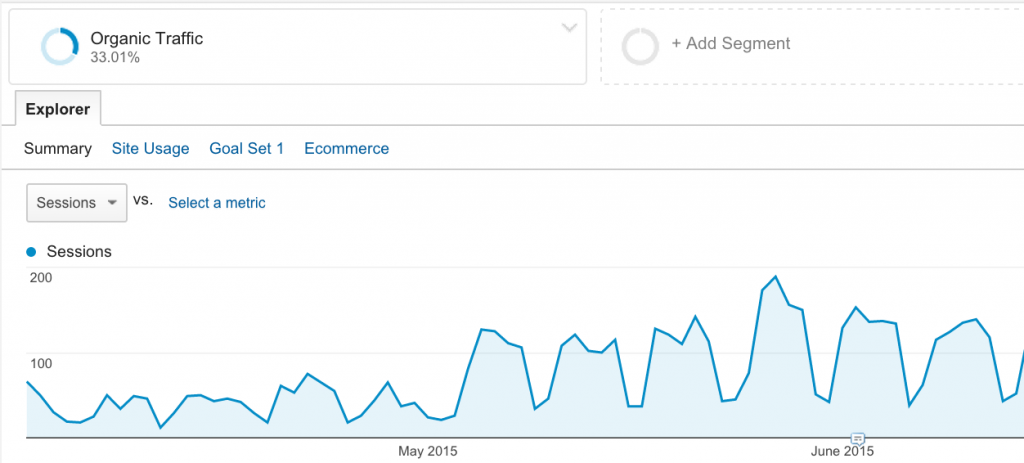My career over the years so far has taken me from journalism to SEO to public relations to conference speaking. The “SEO” part has been the most controversial. If you had asked me to define “SEO” years ago ago, I would have responded, “getting a website to rank highly in Google.” Today, I would fire or never hire anyone who gives that answer.
Here is the real definition of “SEO” and what should in every SEO job description:
SEO is helping search engines to crawl, parse, index, and then display your website in organic search results for desired, relevant keywords and search queries.
A note:
- “Keywords” are “search queries” are not the same thing. Keywords are what people enter into search engines. Search queries are what people are trying to find when they enter those keywords into search engines.
- Example: If I were to type “baseball news,” the keyword is baseball news but the search query is find me the best website with the most up-to-date and comprehensive baseball news.
- One generally ranks highly for a certain keyword when one’s website provides the best answer, information, or resource for the search query behind the keyword.
In my bolded definition of “SEO” above, those in the field will probably notice that I have included nothing about “linkbuilding” or “off-page SEO.” (My explanation includes only what is called “technical SEO” and “on-page SEO” — items that include, in part, XML sitemaps, schema markup, website hierarchy, server log analysis, internal linking, meta tags, mobile-responsive design, and site speed.)
Why? Simple. As I have written countless times, links are just by-products of doing good marketing, advertising, and PR. Almost all good “off-page SEO” techniques are just doing marketing and PR by other names (but no one in the SEO world will tell you that because their retainers and salaries depend on insisting that “off-page SEO” and “linkbuilding” is unique and special):
- “Content marketing” is just the creation and distribution of marketing collateral
- “Content plus outreach” is the same thing
- “Blogger outreach” is a type of media relations
- “Outreach” in general is just doing PR and publicity
- You don’t need a blog or even once piece of content to get links. In an example that I gave in a BrightonSEO talk earlier this year, I showed how a local business used only traditional PR and creativity to get nationwide attention, mentions, and coverage
In my definition of “SEO” above, I explained how the function’s goal is to get displayed in search results. Everything else — including increasing one’s rankings in search results — is just a function of (digital) marketing. “SEO” is a subset of “digital marketing” in general.
Digital marketing is maximizing the website’s contribution to your company’s business and marketing goals. Digital marketing is growing the brand of your website and company online as well as gaining and converting traffic through various methods.
(Digital marketing encompasses conversion-rate optimization, inbound marketing, SEM, display advertising, and more.)
If you grow a strong brand, your rankings will increase naturally over time. That’s why I would fire any SEO or digital marketer who thinks first and foremost about ranking highly — such priorities result only in Google Penguin penalties. Do real marketing, and the rankings will come. You just need to be sure to do SEO — the technical items — first.
P.S. — This was inspired partly by Rand Fishkin’s recent Whiteboard Friday that was a response to someone who said that the technical side of SEO is no longer important. Fishkin is correct — the technical side is the most important part of SEO because it’s all that SEO really is. Everything that is neither technical nor on-page SEO or actually doing something else.
